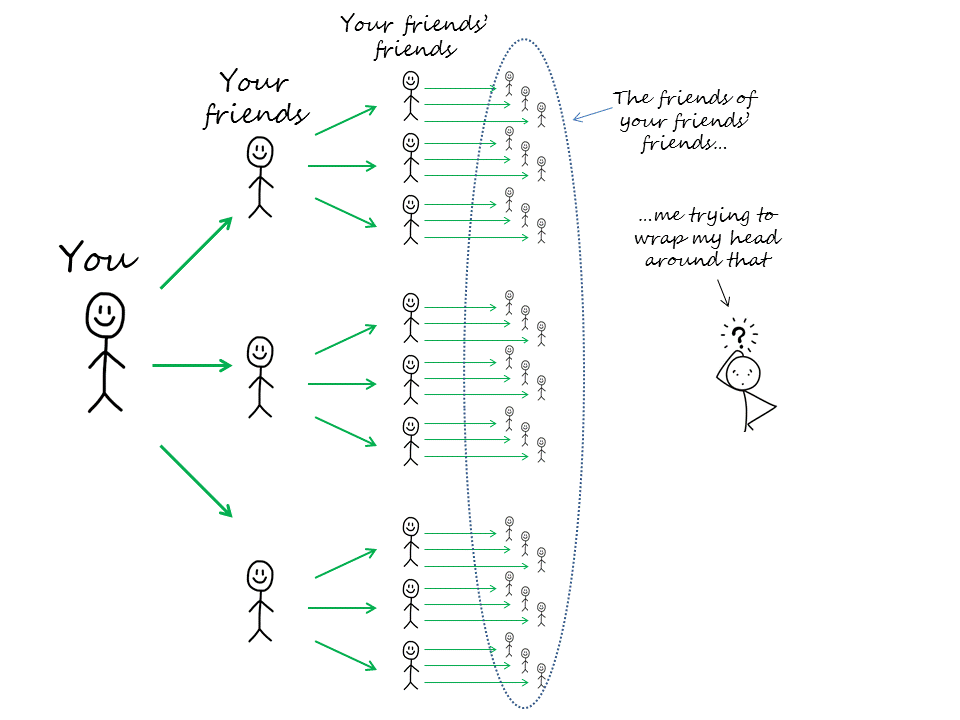There is no word in English to describe the emotion of being happy for someone else’s happiness. We have envy but not the opposite. We borrow the German word ‘schadenfreude’, which means taking pleasure in others’ misfortune. Awful (and sharply on the rise since the 1980s according to Google’s book search). When you consider that language and thoughts are inextricably linked, this gap in our language becomes tragic.
Mudita is a Sanskrit and Pali word. It means ‘vicarious joy’, that is joy for someone else’s joy. In this post, I hope to convince you to help me bring mudita into our vocabulary.
English has more words than any other language. Estimates vary but it’s at least 170,000 and possibly well over a million. While we don’t have a word for mudita, we do have one for ‘resembling an ostrich’ (struthious), one for ‘the legal right to cut turf or peat for fuel on common ground’ (turbary), and another for ‘the plug by which the rectum of a bear is closed during hibernation’ (tappen).
I’m not saying those words aren’t needed (I’m sure there are scientists who have devoted their entire careers to the study of tappen — brave people indeed), but it’s odd that we don’t have a word for mudita.
MUDITA CAN BRING MORE JOY TO YOU AND THOSE AROUND YOU
Research shows that word choices don’t only reflect your emotional state — they influence it too. Thinking and especially talking about positive things makes you happier. Through neuroplasticity, (the brain’s ability to strengthen connections and form new ones) using pathways of joy and happiness strengthens them.
Plus, your happiness impacts the happiness of people close to you. Incredibly, this has been shown to extend out three degrees of separation — to the friends of one’s friends’ friends (in addition to being mind-blowing, this also presents an opportunity for careful apostrophe use). Here’s a quick sketch to show the effect.

The research shows that if a person (e.g., you) is happy, then it increases the chances that everyone in this diagram becomes happy. The study showed causation, not just correlation. To keep the picture manageable, I assumed you only have 3 friends. You probably have more than that, and the effect multiplies exponentially. If you have 10 friends and they each have 10, and so on, you can reach 1,000 people with your happiness. That’s a big deal. It’s also a lot of responsibility: if you have 1,000 Facebook friends, and you post a humble brag that makes them feel less happy about their own lives, that negativity could spread through them outwards to many thousands of people.
Mudita was taught by The Buddha. He said,“I declare that the heart’s release by sympathetic joy has the sphere of infinite consciousness for its excellence.”
Here’s my suggestion: ask your friend what is making them happy at the moment, and tell them “I have mudita for you.” Explain it to them and see what they think. I encourage you to experience and discuss mudita, and through this let joy multiply within us and ripple out as we spread it among our friends, families, and communities.
I promised you joy and longevity. Being more happy and less stressed leads to better health and longer lives (this seems obvious and it’s also backed by research), so adding mudita to your vocabulary really could extend your life. Especially if you help your friends to add it too!